Africa continues to offer abundant opportunities to explore for hydrocarbons in a frontier market.
Mark Venables, contributor for Forbes
Africa continues to offer abundant opportunities to explore for hydrocarbons in a frontier market. This is demonstrated by the great and the good of the sector that turn up every November for Africa’s leading conference and exhibition – Africa Oil Week. Many of those were in London earlier this month and I took the opportunity to gain a sense of Africa’s position in the market as the sector’s prospects continue to rally.
New hydrocarbon provinces are popping up regularly; Mauritania and Senegal are good examples of countries where hydrocarbons have recently been discovered. However, the African oil and gas industry continues to play catch-up with the rest of the world.
But what if there is another way? What if African oil and gas companies could sidestep the competition by doing things differently? There are new technologies that can enable a profound transformation in the way operations and business are conducted in the industry.
“At PwC, we believe that African oil and gas companies should be ‘learning to leapfrog’,” Chris Bredenhann, Africa Oil and Gas Advisory Leader, at PwC said. “Challenges will persist, but given new technologies and ways of working, companies could learn to leap over them rather than going through them.
“Take for example the lack of infrastructure that plagues the industry in Africa. If there are no roads to get parts and equipment to remote work sites, why not utilize drones? Imagine when the need for a small replacement is produced by 3D printers and delivered to a drilling location via drone, reducing downtime to a fraction of what it would have been with traditional sourcing strategies.”
Likewise, oil and gas organizations need to rethink the way they embrace change to their benefit. Industry leaders have often been accused of being laggards when it comes to technology adoption. On the surface, it comes as a surprise considering the level of innovation and new technology that has been developed by the industry to explore for and produce hydrocarbons.
But when it comes to the structure and functioning of the organization itself, more visionaries are needed in Africa to ensure that they don’t find themselves on the bottom of the hierarchy when it comes to the diffusion of innovations.
“What is important for success in this sector is that organizations recognize the value of technology and the digital transformation and how that could be leveraged to reduce costs and operate much more effectively,” Bredenhann added. “That is happening.”
At this year’s Africa Oil Week, DNV GL will be presenting its second Energy Transition Outlook report. The 2018 report will incorporate feedback received from the market and further explain some of the basis for the results, including greater detail at a regional level, looking at Sub Saharan Africa.
The key findings though are clear, with predictions of the energy mix for both global supply and demand suggesting imminent global peaks and a reducing share for fossil fuels. It also highlights a failure to stay below the 2oC target for global temperature increase - which must sharpen minds, government policies, and business actions.
“The information is aimed at all levels of government, its advisors, businesses, investors, NGOs as well as the public, where we try to provide our independent opinion, using fact-based scientific models, to inform a contentious discussion space,” Robert O’Keeffe, business development manager, Africa - DNV GL Oil & Gas, said.
“When it comes to sustainability, the UN Sustainability Goals should underpin business and government policy thinking on any activity,” he added. Sustainable development is defined as ‘development that meets the needs of the present without compromising the ability of future generations to meet their own needs’.
Oil and gas arguably have a difficult place in this equation – yes, it provides jobs, development and much of the current energy demands of society, but it also contributes to climate change which affects the future.
“Unfortunately, our Energy Transition report also identifies that despite the predicted increase in energy supply from renewable sources, plus the shift to gas, and despite more efficient use of energy, even more than that needs to be done to prevent an average global temperature rise of over 2oC (since pre-Industrial levels), the maximum target level set by the UN.
“Therefore, sustainability in the African oil and gas market is essential: fewer fugitive emissions, more energy-efficient processes along with a greater focus on gas and renewables.”
The mergers and acquisition (M&A) market for the oil and gas sector in Africa showed signs of recovery in 2017. After several years of slowdown, the recovery comes on the back of companies who have raised cash for capital projects through divestitures; improved their balance sheets and are replenishing upstream reserves.
There was a 62% increase in total deal value from 2016 to 2017. In 2017, there were 65 deals with a total value of $8.6 billion. The upstream sector dominated deal activity totaling $7.3 billion, up from $4.6 billion in 2016. One major upstream deal was ExxonMobil’s $2.8 billion acquisition of a 25% in Eni’s operations in Mozambique. This is a major addition to ExxonMobil’s natural gas portfolio.
There were very few deals in downstream in 2017. However, deal value doubled to $1.2 billion in 2017. A major deal was in Gabon where Royal Dutch Shell sold all its onshore oil and gas operations and related infrastructure to Assala Energy for $628 million. Portfolio upgrading was the driver for both companies
“Investor confidence across Africa appears to be returning,” Claire Lawrie, EY Partner and Oil and Gas Advisory Lead for Africa, India, and the Middle East, says. “We see deals happening across several countries in Africa rather than deals being concentrated in just one or two countries.
“The partial recovery of the oil price has improved the deal environment. 2017 was the best year for deal-making in Africa since the oil price fall in 2014. Furthermore, companies have more cash to spend after years of cutting costs and improving their balance sheets. To date, the deal activity has been highly focused on exploration assets. Replenishing upstream reserves and growth is back on the agenda. In Southern/Central Africa, Statoil, Total, ONGC Videsh have all showed interest in the exploration sector.”
According to Lawrie, the deal-making will continue to follow capital availability and operational success. Africa’s political and fiscal regimes landscape remains an important factor in attracting investment. “Majors are continuing to upgrade their portfolios and generate cash from divested assets such as Royal Dutch Shell’s upstream operations in Gabon and Chevron’s downstream operations in South Africa,” she added.
Africa continues to offer abundant opportunities to explore for hydrocarbons in a frontier market. This is demonstrated by the great and the good of the sector that turn up every November for Africa’s leading conference and exhibition – Africa Oil Week. Many of those were in London earlier this month and I took the opportunity to gain a sense of Africa’s position in the market as the sector’s prospects continue to rally.
New hydrocarbon provinces are popping up regularly; Mauritania and Senegal are good examples of countries where hydrocarbons have recently been discovered. However, the African oil and gas industry continues to play catch-up with the rest of the world.
But what if there is another way? What if African oil and gas companies could sidestep the competition by doing things differently? There are new technologies that can enable a profound transformation in the way operations and business are conducted in the industry.
Learning to leapfrog
“At PwC, we believe that African oil and gas companies should be ‘learning to leapfrog’,” Chris Bredenhann, Africa Oil and Gas Advisory Leader, at PwC said. “Challenges will persist, but given new technologies and ways of working, companies could learn to leap over them rather than going through them.
“Take for example the lack of infrastructure that plagues the industry in Africa. If there are no roads to get parts and equipment to remote work sites, why not utilize drones? Imagine when the need for a small replacement is produced by 3D printers and delivered to a drilling location via drone, reducing downtime to a fraction of what it would have been with traditional sourcing strategies.”
Likewise, oil and gas organizations need to rethink the way they embrace change to their benefit. Industry leaders have often been accused of being laggards when it comes to technology adoption. On the surface, it comes as a surprise considering the level of innovation and new technology that has been developed by the industry to explore for and produce hydrocarbons.
But when it comes to the structure and functioning of the organization itself, more visionaries are needed in Africa to ensure that they don’t find themselves on the bottom of the hierarchy when it comes to the diffusion of innovations.
“What is important for success in this sector is that organizations recognize the value of technology and the digital transformation and how that could be leveraged to reduce costs and operate much more effectively,” Bredenhann added. “That is happening.”
Increased confidence
At this year’s Africa Oil Week, DNV GL will be presenting its second Energy Transition Outlook report. The 2018 report will incorporate feedback received from the market and further explain some of the basis for the results, including greater detail at a regional level, looking at Sub Saharan Africa.
The key findings though are clear, with predictions of the energy mix for both global supply and demand suggesting imminent global peaks and a reducing share for fossil fuels. It also highlights a failure to stay below the 2oC target for global temperature increase - which must sharpen minds, government policies, and business actions.
“The information is aimed at all levels of government, its advisors, businesses, investors, NGOs as well as the public, where we try to provide our independent opinion, using fact-based scientific models, to inform a contentious discussion space,” Robert O’Keeffe, business development manager, Africa - DNV GL Oil & Gas, said.
“When it comes to sustainability, the UN Sustainability Goals should underpin business and government policy thinking on any activity,” he added. Sustainable development is defined as ‘development that meets the needs of the present without compromising the ability of future generations to meet their own needs’.
Oil and gas arguably have a difficult place in this equation – yes, it provides jobs, development and much of the current energy demands of society, but it also contributes to climate change which affects the future.
“Unfortunately, our Energy Transition report also identifies that despite the predicted increase in energy supply from renewable sources, plus the shift to gas, and despite more efficient use of energy, even more than that needs to be done to prevent an average global temperature rise of over 2oC (since pre-Industrial levels), the maximum target level set by the UN.
“Therefore, sustainability in the African oil and gas market is essential: fewer fugitive emissions, more energy-efficient processes along with a greater focus on gas and renewables.”
Increase in Africa M&A activity
The mergers and acquisition (M&A) market for the oil and gas sector in Africa showed signs of recovery in 2017. After several years of slowdown, the recovery comes on the back of companies who have raised cash for capital projects through divestitures; improved their balance sheets and are replenishing upstream reserves.
There was a 62% increase in total deal value from 2016 to 2017. In 2017, there were 65 deals with a total value of $8.6 billion. The upstream sector dominated deal activity totaling $7.3 billion, up from $4.6 billion in 2016. One major upstream deal was ExxonMobil’s $2.8 billion acquisition of a 25% in Eni’s operations in Mozambique. This is a major addition to ExxonMobil’s natural gas portfolio.
There were very few deals in downstream in 2017. However, deal value doubled to $1.2 billion in 2017. A major deal was in Gabon where Royal Dutch Shell sold all its onshore oil and gas operations and related infrastructure to Assala Energy for $628 million. Portfolio upgrading was the driver for both companies
“Investor confidence across Africa appears to be returning,” Claire Lawrie, EY Partner and Oil and Gas Advisory Lead for Africa, India, and the Middle East, says. “We see deals happening across several countries in Africa rather than deals being concentrated in just one or two countries.
“The partial recovery of the oil price has improved the deal environment. 2017 was the best year for deal-making in Africa since the oil price fall in 2014. Furthermore, companies have more cash to spend after years of cutting costs and improving their balance sheets. To date, the deal activity has been highly focused on exploration assets. Replenishing upstream reserves and growth is back on the agenda. In Southern/Central Africa, Statoil, Total, ONGC Videsh have all showed interest in the exploration sector.”
According to Lawrie, the deal-making will continue to follow capital availability and operational success. Africa’s political and fiscal regimes landscape remains an important factor in attracting investment. “Majors are continuing to upgrade their portfolios and generate cash from divested assets such as Royal Dutch Shell’s upstream operations in Gabon and Chevron’s downstream operations in South Africa,” she added.

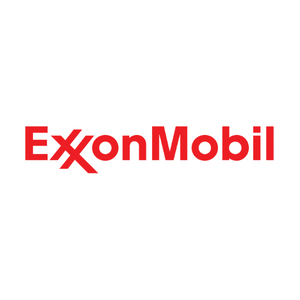
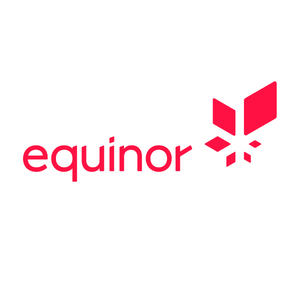
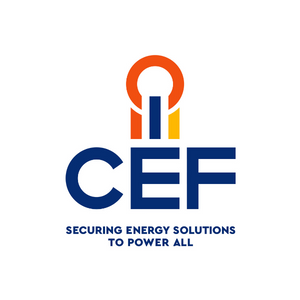
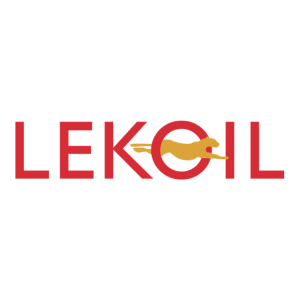
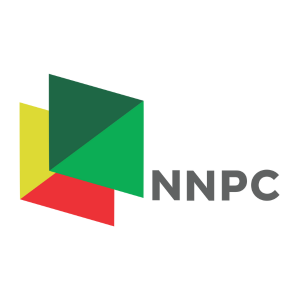
_weblogo_2.png?ext=.png)
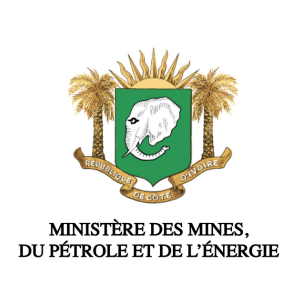

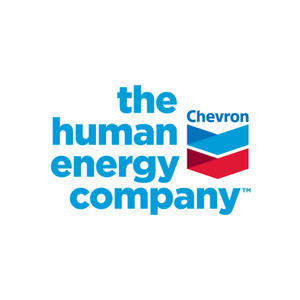

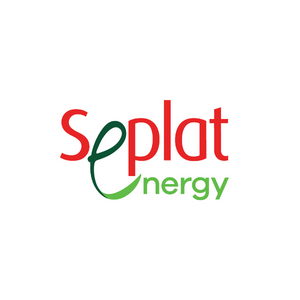



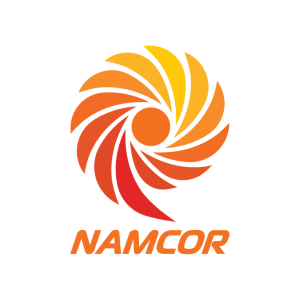
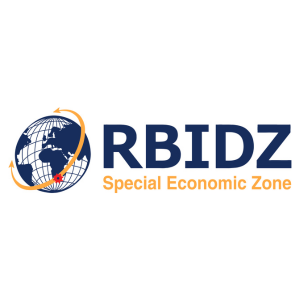

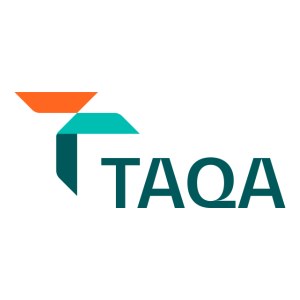
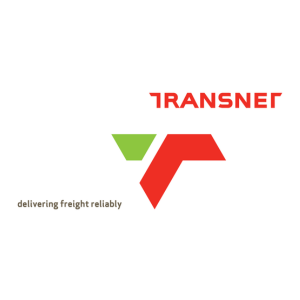

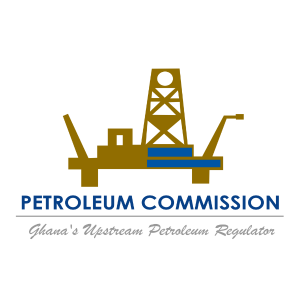
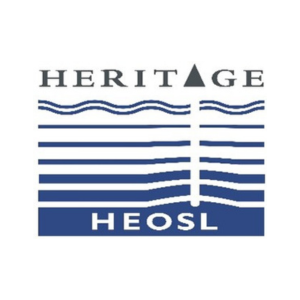
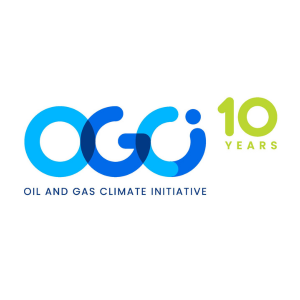
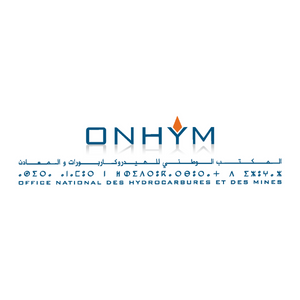
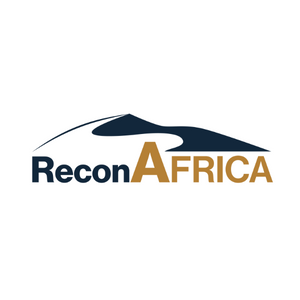
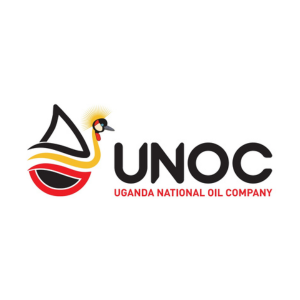
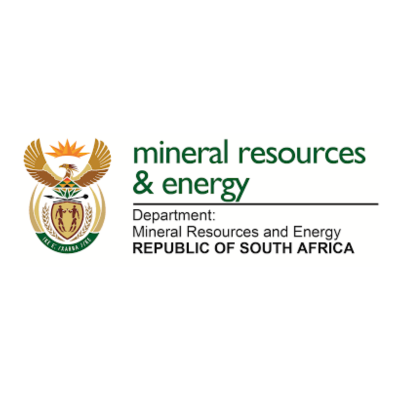
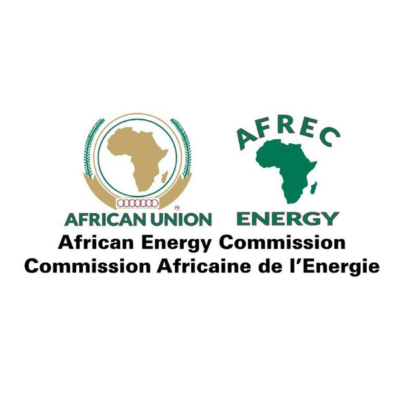
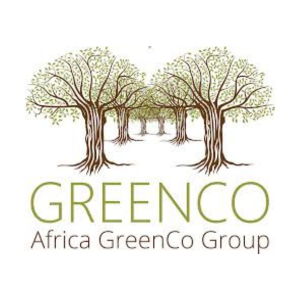
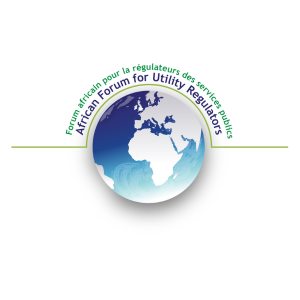
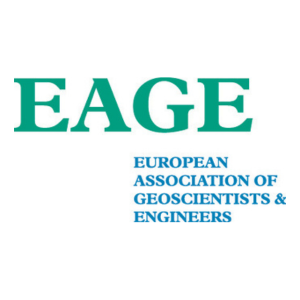
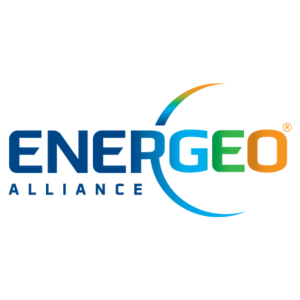
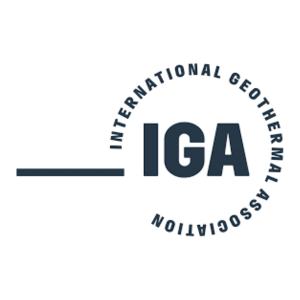
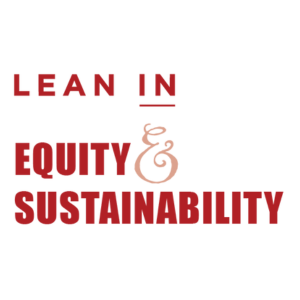

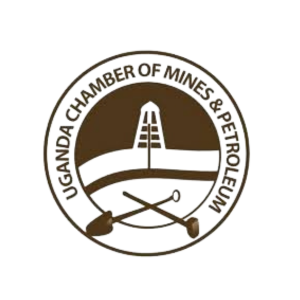

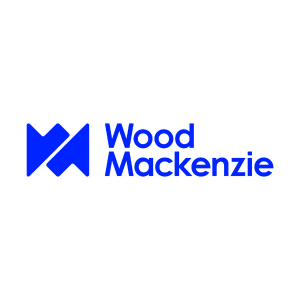

.jpg?ext=.jpg)
